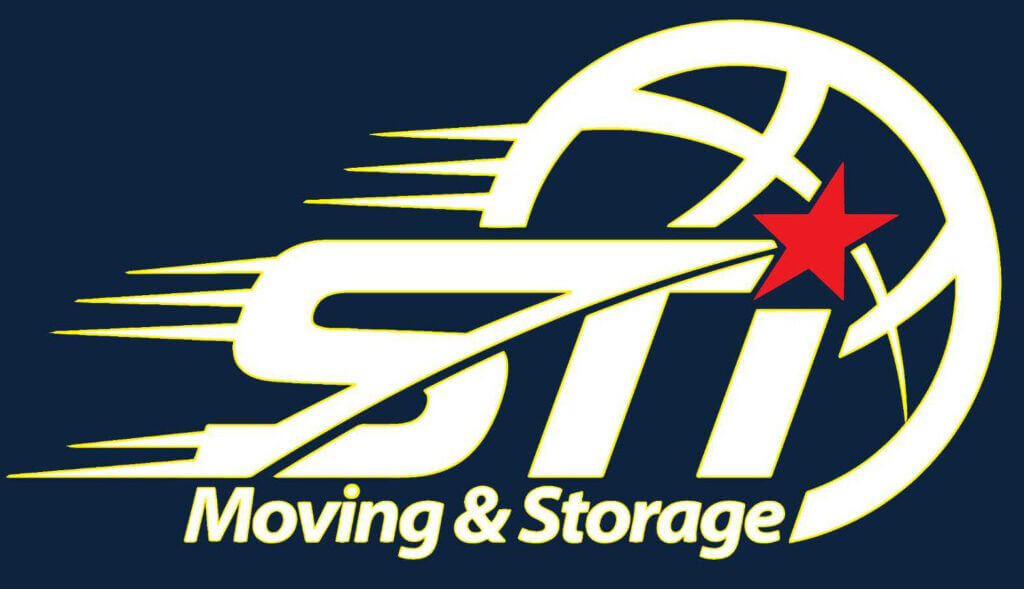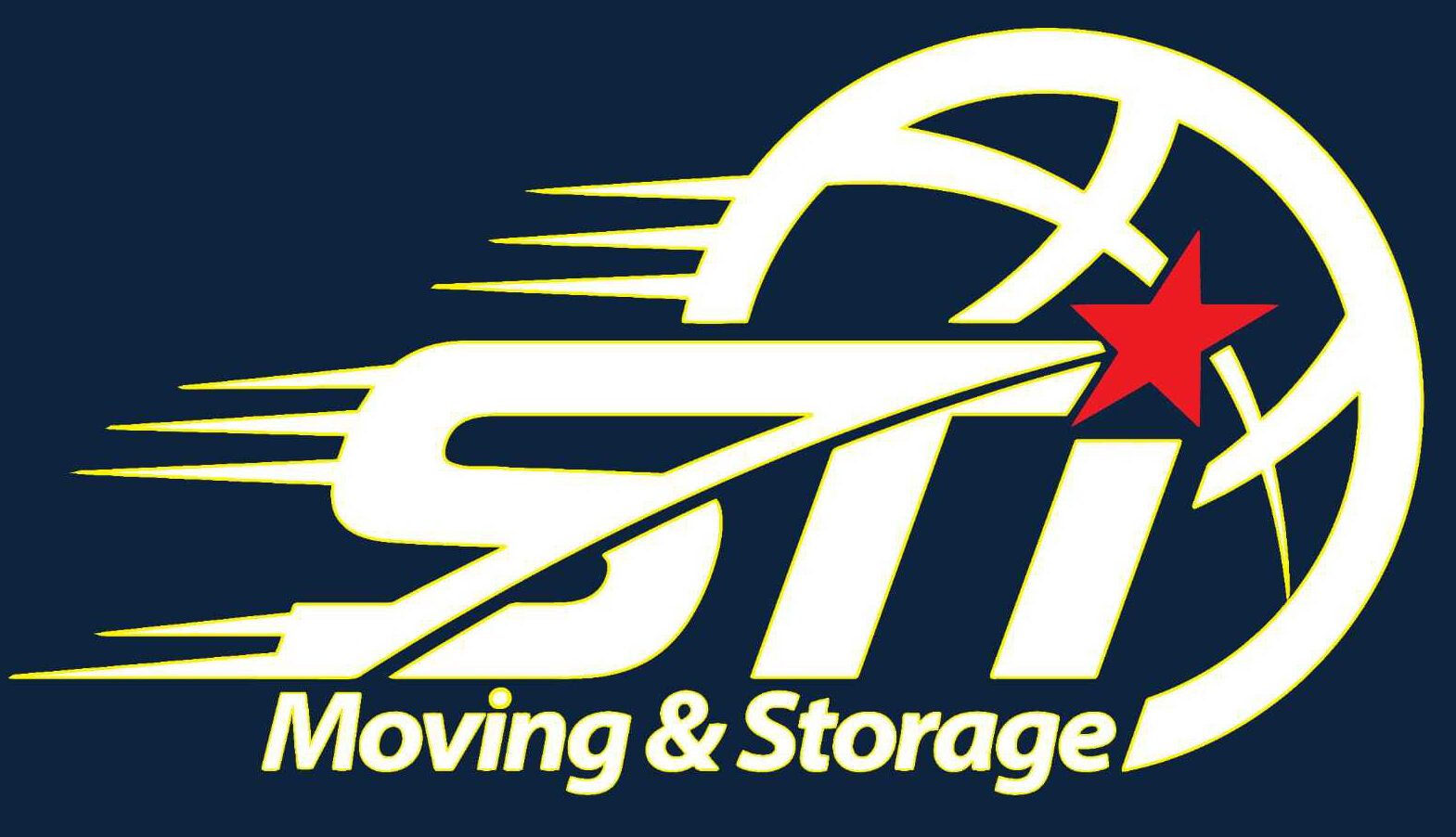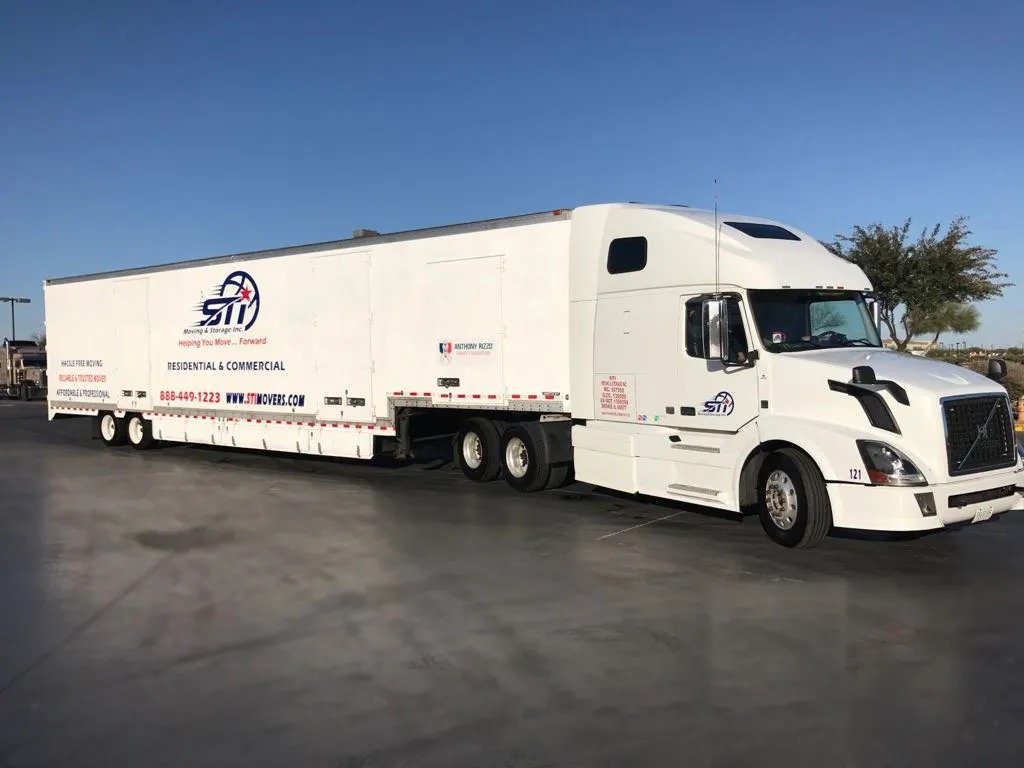Relocating to another, bigger or smaller, house or apartment can be very exciting. You will start a new life in a new town (if you’re reading this, it will probably be a move to Chicago area) and there are many things to be happy about. However, if you don’t do your research, there might be many awkward surprises in terms of cost. Relocation can easily “eat up” all your savings. That’s why it’s important to check why moving can cost more than you think – let’s check all the options!
Having to Pay For Storage Services
If you don’t have the place to store your goods a few days before moving in, storage will be one of the logical options. Also, sometimes you might have to get into an unexpected situation when the moving-in date can be delayed. In that case, have you done your research about the storage pricing? When you don’t count on the additional money being spent, you might feel really lost if such a situation arises. So, to better be safe than sorry, check your storage options in advance – even if you don’t need them.
Storage services can range from $50 to $300 per month or more, depending on the size of the unit and location. If you have temperature-sensitive items like electronics or artwork, climate-controlled storage may be necessary, which adds to the cost. Additionally, some moving companies offer short-term storage as part of their services, but these are often charged by the day or week, so it’s important to budget for this possibility. Researching storage options ahead of time ensures you’re prepared for any delays and can choose the most cost-effective solution.
Hiring Chicago Moving Company
If you aren’t a college student who has two or three bags of belongings to relocate, you’ll be having a bit more organizing to do. If you have a family of, at least, three or four, you will most likely have a truck of belongings to pack and transport. Most of the times, it won’t be easy to organize and bring all this with you, so you will probably rely on some help.
If you can’t count on some family or friends (or if even they can’t help you move a three-bedroom house or apartment), you will have to find a reliable moving company in Chicago. Hiring movers, of course, costs money. Whether you are hiring movers for a local or long-distance move, it can cost you from $1000 do even $5000 or more per move. Also, this varies on which company you choose. We hope you have your savings ready!
To avoid surprises, request quotes from several moving companies and compare their services and pricing. Ask about additional fees, such as charges for packing materials, stairs, or long carries. Understanding the full scope of costs ensures you choose a moving company that fits your budget and needs. Additionally, booking movers well in advance can sometimes result in discounts, especially during off-peak moving seasons.
Ordering New Furniture
Whether you are relocating to a bigger space or downsizing, you will have to make some changes with your furniture. Even if some of your furniture can fit perfectly in the new place, sometimes you’ll have to order some smaller or bigger items. However, when we are in a hectic process of planning a move, we tend to overlook this. Write down the expenses of possible furniture shopping – it will save you some headaches in the future.
The cost of new furniture can vary widely depending on your needs. For example:
- A new sofa can range from $500 to $3,000.
- A dining set might cost between $300 and $2,000.
- Bedroom furniture, including beds and dressers, can add another $1,000 or more to your expenses.
To manage costs, consider selling or donating items you no longer need before the move. This not only reduces the load for your movers but can also generate some funds for new furniture. Research affordable options and prioritize essential pieces to furnish your new home comfortably without overspending.
Initial Cost of Buying or Renting Can Be High
You will certainly make some deposits for entering a new house or apartment – not to mention if you are buying it. We are usually talking about thousands of dollars of cost, and it’s going to stress your budget. Leaving an old home and entering a new one (same goes for offices) is a costly feat. It’s something you can’t go around, so brace yourselves!
For renters, upfront costs may include:
- Security deposits (typically one to two months’ rent)
- First and last month’s rent
- Application or administrative fees
For buyers, costs can include:
- Down payments (often 10-20% of the purchase price)
- Closing costs (2-5% of the home price)
- Inspection and appraisal fees
Preparing for these costs ahead of time is crucial to avoiding financial strain. Create a detailed budget that accounts for moving expenses, initial housing costs, and other related fees. This helps ensure you’re financially ready for the transition.
Additional Expenses to Consider
- Utilities Setup: Deposits or installation fees for utilities like electricity, water, and internet can add unexpected costs.
- Moving Supplies: Boxes, tape, bubble wrap, and other materials can cost between $100 and $300 or more, depending on the size of your move.
- Time Off Work: If you need to take days off work to handle your move, consider the potential loss of income.
Conclusion
Relocating is an exciting opportunity, but unexpected expenses can quickly add up if you’re not prepared. From storage costs and hiring movers to purchasing new furniture and covering initial housing fees, it’s essential to research and plan your budget thoroughly. By identifying potential costs and exploring cost-saving options, you can enjoy a smooth and financially manageable move. With the help of the right moving company and careful organization, you’ll be able to settle into your new home stress-free and ready to start your next chapter!



